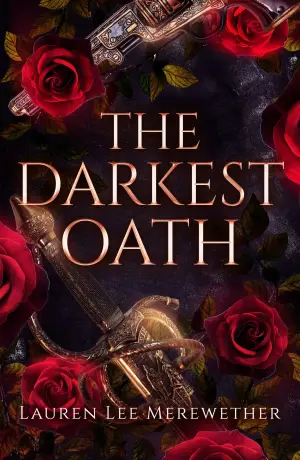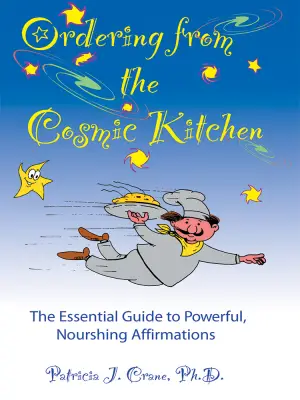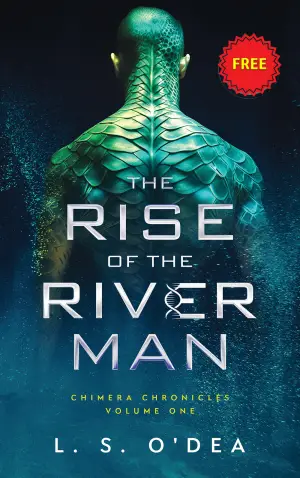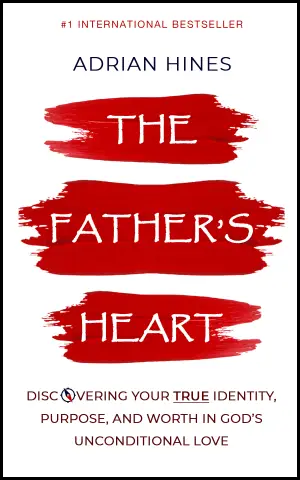A Journey into the Divine: My Thoughts on The Hymn to Dionysus
Oh, Natasha Pulley, you’ve done it again! As I turned the final pages of The Hymn to Dionysus, I found myself on my knees, overwhelmed. I utterly forgive you for those two earlier books that didn’t quite resonate with me—The Half Life of Valery K and The Mars House. This latest offering may be a solid 4-star read in terms of quality, but the sheer joy it ignited within me deserves an unwavering 5 stars. I can’t help but feel blinded by my fondness for your storytelling, and now I’m left wanting 500 more of your enchanting narratives!
From the moment I cracked open this book, I was struck by its refreshing shift in focus and style. Pulling us back into a historical setting, she cleverly breaks away from her previous archetypes. Enter Phaidros: a protagonist who is both skittish and astonishingly fierce. Instead of being merely “nice,” he possesses a spine that urges him to step beyond mere moments of hesitance. Witnessing his growth, especially his childhood antics (who could resist the charm of a four-year-old who punches hard?), immediately endeared him to me. He’s a delightful blend of vulnerability and strength, not unlike Kite from The Kingdoms, albeit much more chatty!
And then there’s Dionysus, the enigmatic male lead woven intricately through Pulley’s works. While he evokes a sense of mystery, I found him to be somewhat underdeveloped in comparison to Phaidros. The god’s goodness is palpable, yet he often feels like a distant reflection rather than a multifaceted character. Maybe it’s the weight of his divine nature that kept me at bay; after all, he’s literally a god. It felt like I was observing him from the other side of a vast chasm—which, ironically, is quite fitting for a god.
Pulley has historically received flak for her character portrayals, especially regarding women, and unfortunately, this time was no different. Queen Agave felt like a recycled character, echoing past female figures that lacked depth. I found myself longing for a more complex portrayal that would do justice to both her heritage and her impact on the narrative.
What truly stands out in this book, however, is the plot. Indeed, it’s the most captivating story Pulley has crafted to date. While some moments exhibit a slower pace, no sooner do we hit the two-thirds mark than the plot twists unfold with a dizzying finesse. I was rudely bamboozled—having no idea where the story would take me next, and I loved every minute of it!
Pulley’s writing style continues to be a highlight. While some might criticize the first-person narration, I found it deliciously intimate, enhancing the humor and sincerity of Phaidros’ thoughts. His witty repartee—especially with Apophis—brought a lightheartedness that felt refreshing amidst the more serious themes.
In conclusion, I wholeheartedly recommend The Hymn to Dionysus to readers who appreciate lush, immersive narratives that blend humor, myth, and a hint of magic. It’s a thought-provoking tale that raises questions about identity, divine intervention, and the intricacies of human relationships—all wrapped in Pulley’s signature engaging style. As for me, I came out the other side smiling, ready to revisit this enchanting world and its captivating characters. In this glimmering Olympian tale, Natasha Pulley has reminded me precisely why I keep coming back for more.

















